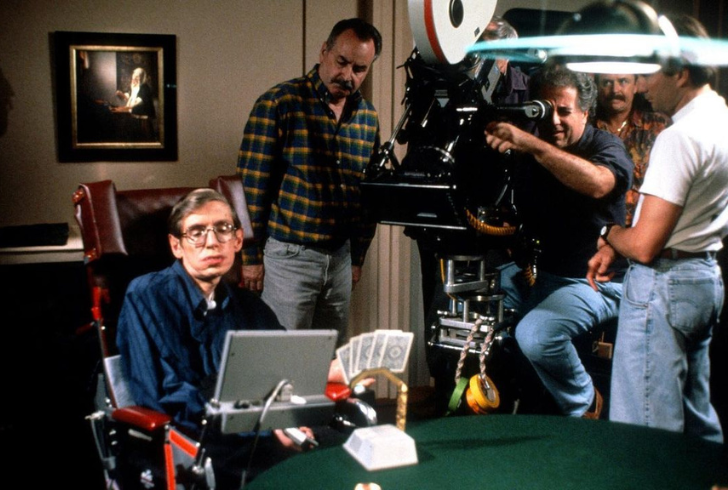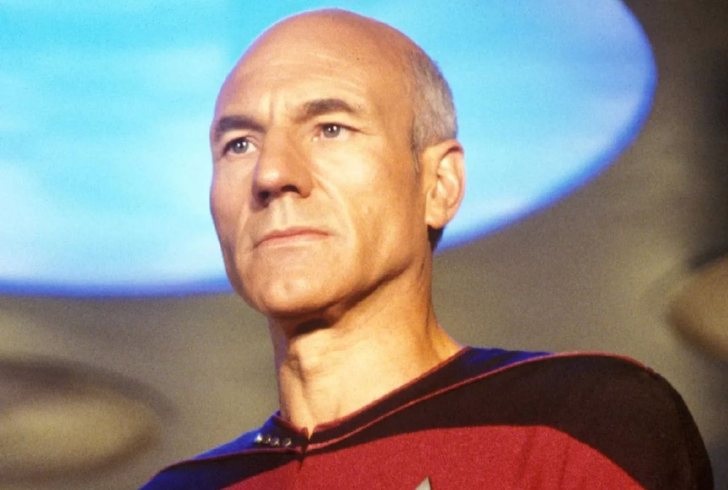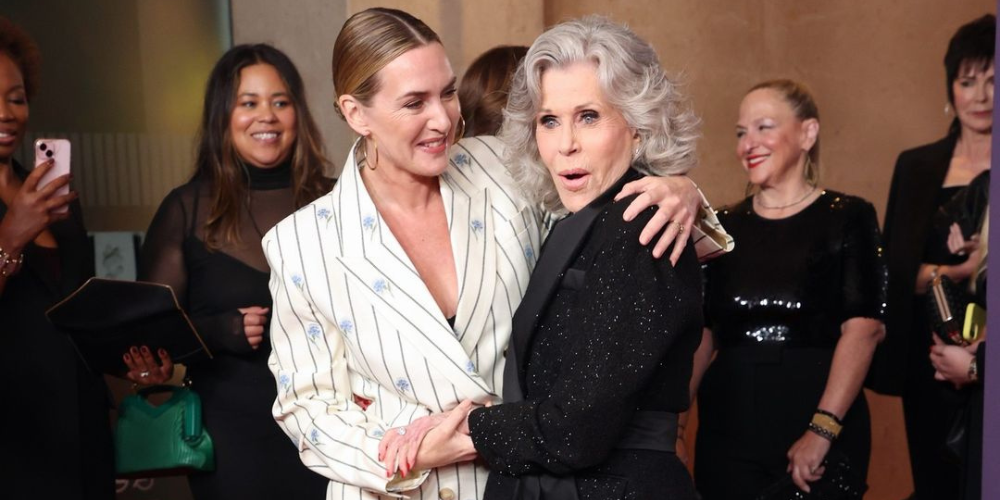"Star Trek" is more than just a sci-fi show; it's a cultural phenomenon that has captivated audiences since the 1960s. With its imaginative tales of space exploration and complex characters, "Star Trek" has continued to inspire and entertain across multiple generations. Here are 15 fun facts about "Star Trek" that illustrate just how innovative and forward-thinking this iconic series truly was.
Fun Facts About 'Star Trek' You Probably Didn’t Know
1. The Evolution of Spock's Character Design
The character of Spock, with his distinctive Vulcan ears and calm demeanor, almost looked very different. Initially, the creators envisioned Spock with red skin to give him a more alien appearance. However, this idea was eventually scrapped, and the iconic look we know today was developed. This change helped make Spock one of the most memorable characters in sci-fi history.
2. Eddie Murphy's Unused Role
In the 1980s, there were plans to feature Eddie Murphy in a "Star Trek" film. Known for his enthusiasm for the series, Murphy was a frequent visitor to Paramount Studios. A role was specially written for him, where he was to play an astrophysicist. However, changes in the plot led to his scenes being cut, and the role was never realized.
3. Stephen Hawking's Cameo

Instagram | deepspacenineties | Stephen Hawking made history by appearing as himself on Star Trek: The Next Generation in 1993.
Renowned physicist Stephen Hawking made a unique guest appearance on "Star Trek: The Next Generation." He was the only person to appear as himself on the show. After Leonard Nimoy learned of Hawking’s interest in "Star Trek," he arranged for the physicist to appear in a memorable episode in 1993.
4. The Origin of the Vulcan Salute
Leonard Nimoy, who portrayed Spock, created the famous Vulcan salute. Nimoy drew inspiration from a Jewish blessing gesture, integrating it into Spock's character as a symbolic expression of peace. The salute became so iconic that it even became an emoji, and fans continue to honor Nimoy's legacy by using it in his memory.
5. Technology That Became Reality
"Star Trek" is famous for its futuristic technology, much of which has inspired real-world innovations. The replicator, which creates food instantly, resembles modern 3D printers that can materialize objects quickly. This close connection between the show's technology and real-life advancements highlights "Star Trek’s" influence on technological progress.
6. A Pioneer in Diversity
Long before diversity became a central topic in media, "Star Trek" championed inclusivity. The series featured a racially diverse cast and promoted gender equality. The character of Lieutenant Uhura was a trailblazer, representing an African-American woman in a crucial role, thus pushing boundaries and setting new standards for television.
7. Hidden Jokes on Set
Fans of the original "Star Trek" series might find it amusing that many of the ship’s control panels had labels reading “GNDN,” which stood for “Goes nowhere, does nothing.” This inside joke, intended as a bit of fun for the crew, was later replicated in subsequent series as a nod to its origins.
8. Captain Kirk's Surprising Absence
In the original pilot episode of "Star Trek," Captain Kirk was not featured. Instead, a different character was initially cast in the role. When the pilot was not approved, the character was replaced, leading to the introduction of Captain Kirk, the figure who would become synonymous with the franchise.
9. Highest Ratings for "The Next Generation"
"Star Trek: The Next Generation" holds the distinction of being the highest-rated series in the franchise. Premiering in the 1980s, it became a major hit, achieving high ratings and leading to a successful spin-off. Its success was pivotal in keeping the "Star Trek" legacy alive and expanding its reach.
10. Robin Williams and "Star Trek"
In 1991, the writers of "Star Trek: The Next Generation" wanted to include Robin Williams in an episode. Williams, a fan of the series, was to appear as a special guest. Although a character was created specifically for him, scheduling conflicts prevented Williams from participating, and the episode never came to fruition.
11. George R. R. Martin's Near Miss
Before becoming famous for "Game of Thrones," author George R. R. Martin had the opportunity to join the "Star Trek" writing team. Although Martin had a background in science fiction, he was not selected, partly due to his sarcastic comments about the show’s genre classification during the interview.
12. The Cost-Cutting Innovation of Teleportation
The concept of teleportation in "Star Trek" was more than a futuristic idea—it was a practical solution to keep production costs manageable. By using teleportation to move characters between locations, the series avoided the expense of creating elaborate travel scenes, showcasing an inventive approach to television production.
13. Gene Roddenberry's Initial Concerns

Instagram | twincitiescomics | Patrick Stewart was cast as Captain Picard after executives embraced his bald look despite initial reservations.
Gene Roddenberry, the creator of "Star Trek," initially had reservations about Patrick Stewart as Captain Jean-Luc Picard. Roddenberry was concerned that Stewart’s bald appearance was not fitting for the role. Despite his reservations, the President of Paramount insisted on casting Stewart, leading to a decision that would become one of the franchise’s most celebrated casting choices.
14. The Role of Fans in the Show's Survival
In a remarkable show of fan support, "Star Trek" was saved from cancellation after its second season due to a massive letter-writing campaign. Science fiction enthusiasts rallied to save the series, which led to the production of additional seasons and films, cementing the franchise’s place in television history.
15. A Groundbreaking Kiss
One of "Star Trek's" most controversial yet influential moments was the on-screen kiss between Captain Kirk and Lieutenant Uhura, an African-American woman. Airing in the 1960s, this kiss was a bold statement against racial barriers and reflected the show's commitment to challenging social norms.
"Star Trek" has consistently pushed boundaries and sparked discussions on various fronts. These fun facts about "Star Trek" illustrate how the series was not only ahead of its time but also continues to resonate with audiences. As it remains a touchstone of innovation and diversity, "Star Trek" offers a glimpse into a future that continues to inspire and captivate viewers worldwide.








